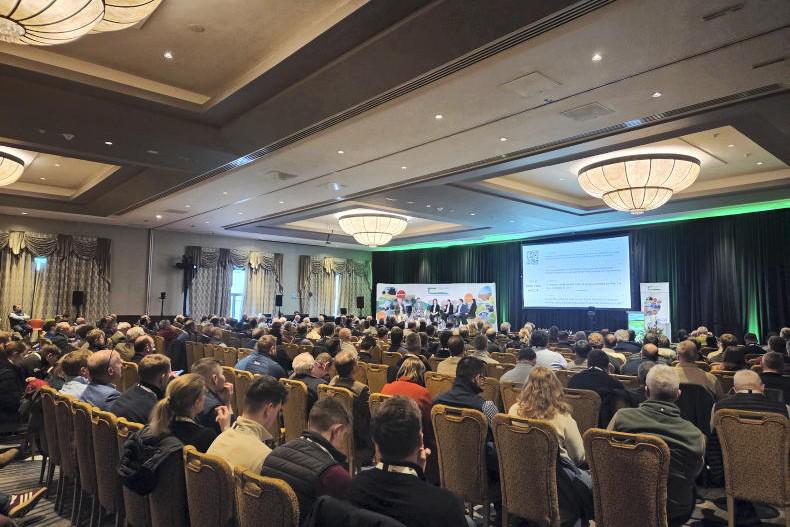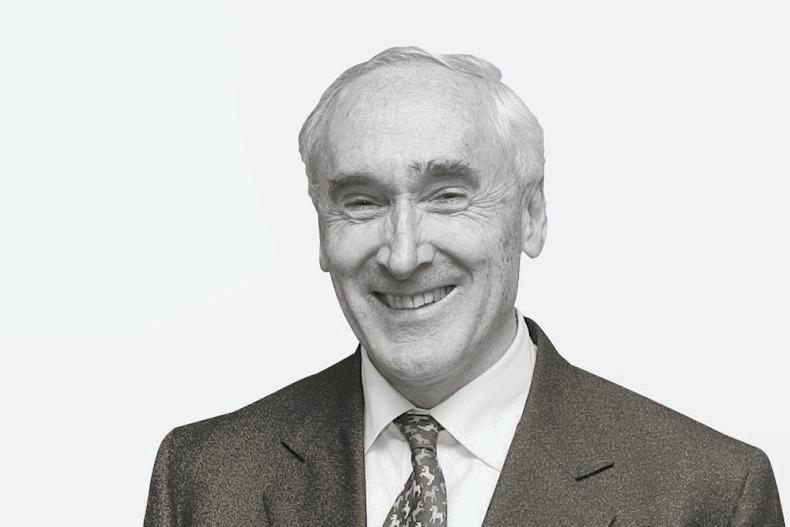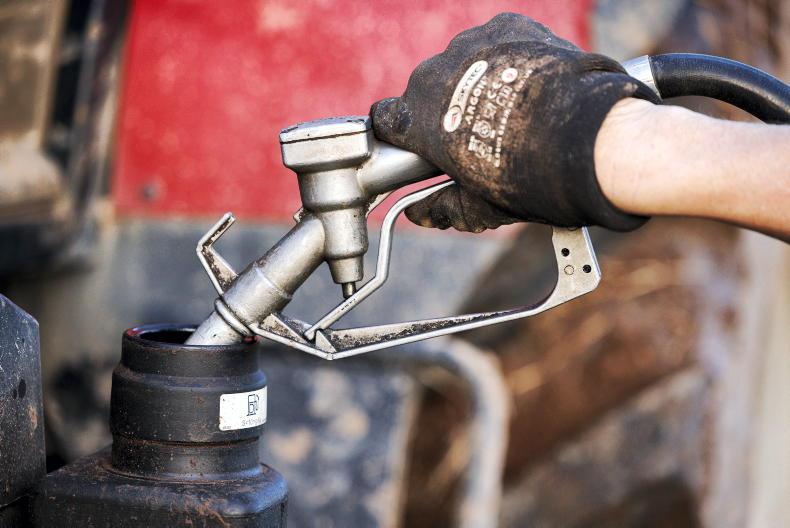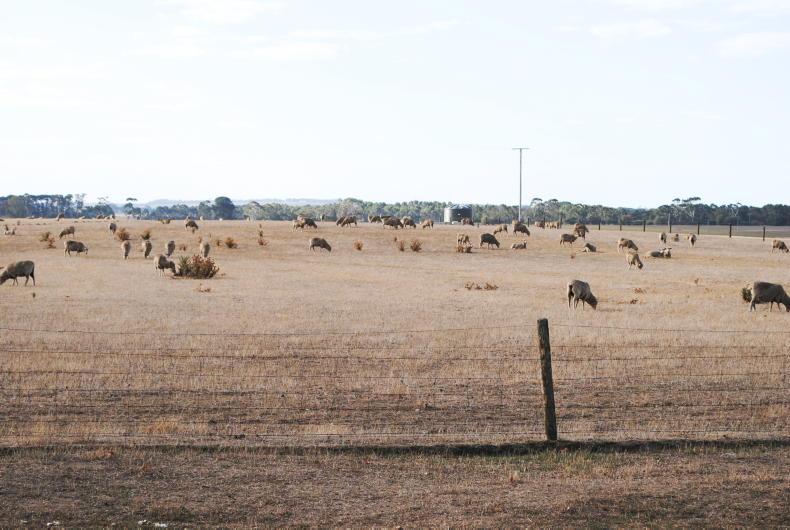At the G7 leaders meeting in Germany, a commitment was made to contribute a further $4.5bn (€4.25bn) to “protect the most vulnerable from hunger and malnutrition” this year.
This was the only tangible action in relation to food security that emerged from the summit that took place over the weekend and finished on Tuesday.
Political support was given for a grand coalition as a global alliance for food security including the World Bank to coordinate a global response to the food security challenge that lies ahead.
The UK Global Crisis Response Group has identified that “up to 323m people will become either acutely food insecure or are at high risk, a new record high”. The group offered a basket of explanations for this, including COVID-19 and climate change, but Russia invading Ukraine and the blockage of ports has “dramatically aggravated the hunger crisis”, it said.
The G7 leaders also noted and welcomed the ministerial declaration on the response to food security at the 12th ministerial conference of the World Trade Organisation (WTO).
It will exempt non-commercial humanitarian purchases of food by the World Food Programme from export prohibitions or restrictions.
The G7 leaders also committed to carefully monitoring markets including input markets and that they would “fight against” any speculative behaviour that would endanger food security.
Despite this immediate threat and challenges ahead, the G7 leaders reiterated their goal of lifting 500m people out of hunger and malnutrition by 2030.










SHARING OPTIONS